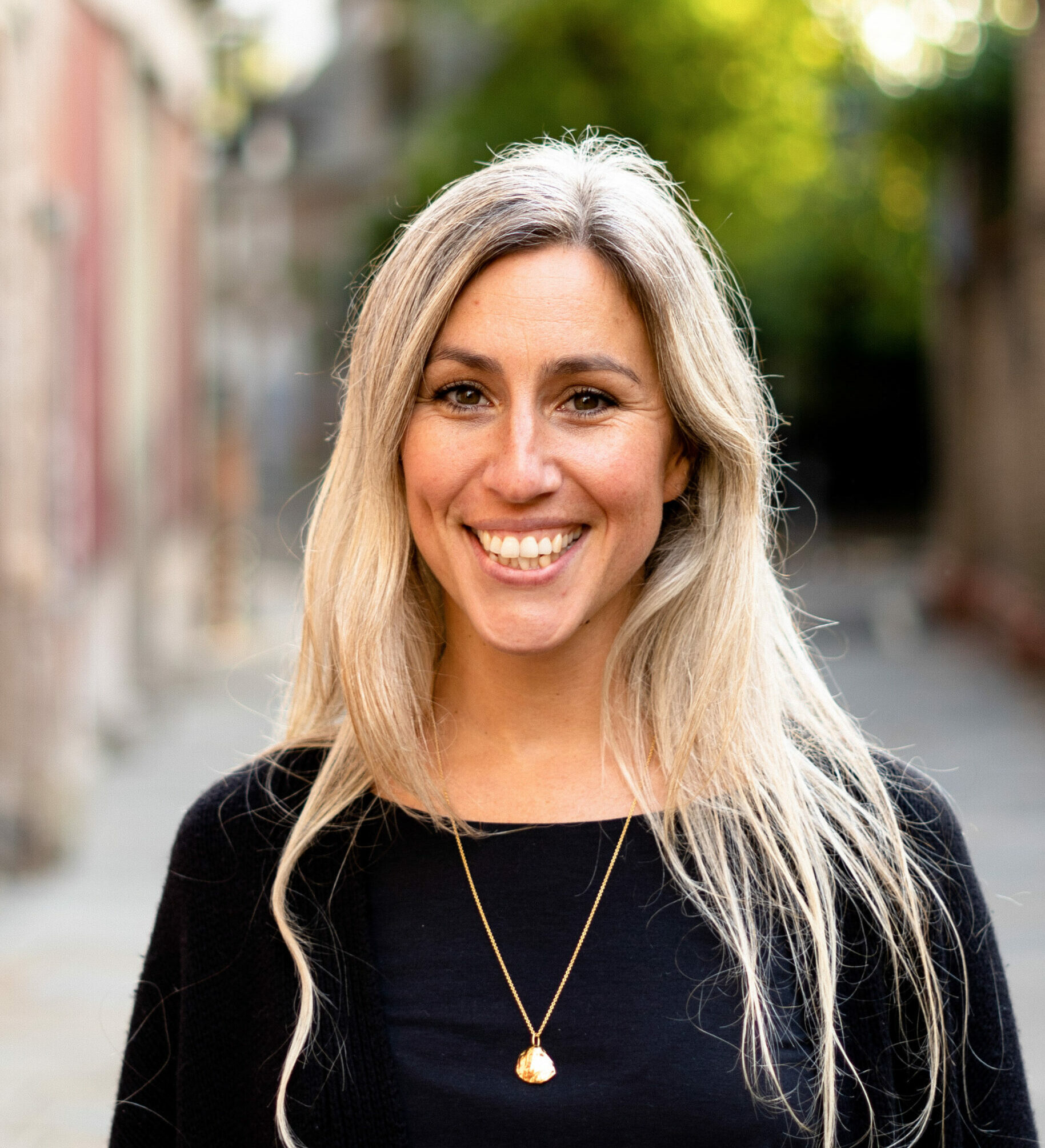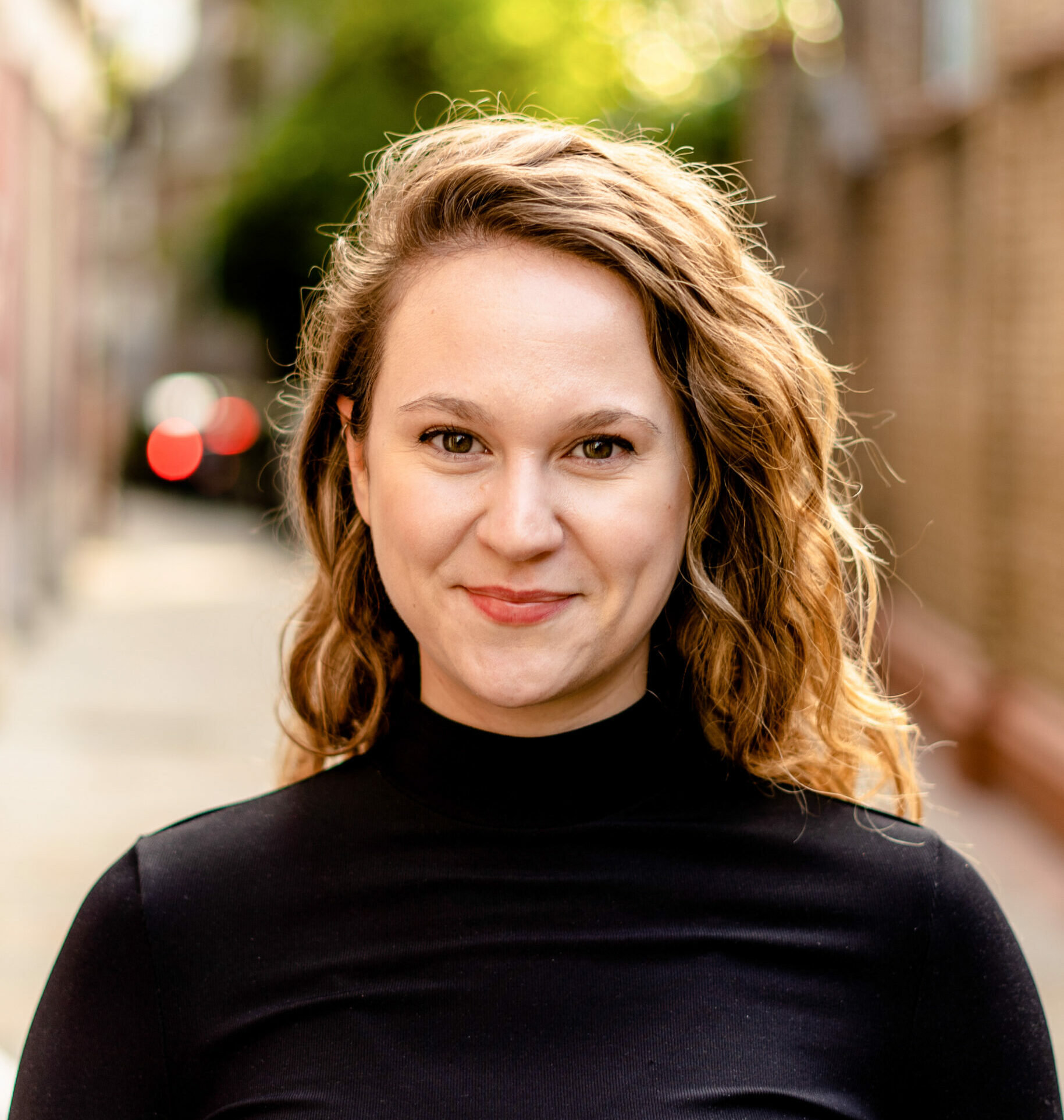From pandemics, unstable political and financial environments, and climate collapse, to now a worsening cost of living crisis, our communities face ever increasing and complex challenges. As we navigate crises on top of crises, we can no longer wait for things ‘to go back to normal’ before we can focus on addressing the bigger, knottier, system-wide issues.
The reality is that change and uncertainty is part of the world we live in. With budgets under threat, increased pressures, and ever-present change, some of our most precious resources become our own skills. Our ability to problem-solve, our creativity, and our potential to imagine different ways of doing things is invaluable.
Now more than ever, we need to find innovative ways to tackle complex issues. At People Powered Results, our approach is anchored in supporting people to respond differently within crisis. We work alongside people to help them rapidly learn, adapt and take action with the people closest to issues – those in communities, those in front facing roles, those who have direct lived experience.
We have found that one of the most overlooked, yet important, skills for innovation is the ability to rapidly adapt.
Adaptive Leadership for a time of crisis
Inspired by the work of Ronald Heifetz and Adaptive Leadership, we have learnt there are critical conditions that enable everyday innovation.
Supporting everyone to step into active leadership roles: Too often we only anticipate and expect leadership from people in authority positions. However, we have seen amazing things happen when power is distributed, and people are supported to lead change. Such as our work in Canvey Island, where Callum, a local resident with a learning disability, was part of a team considering what a meaningful life looks like for people with learning disabilities and autism in Essex. Redistributing power in this way saw a stark shift away from organised day-centre based activities, to inclusive cricket teams, apprenticeships with local employers and pop-up shops. Ultimately, this led to the recommissioning of the largest learning disabilities provider in the county to focus on inclusive employment opportunities, and has seen more than 100 people with learning disabilities and autism enter into employment.
Working across the system: We are all part of the system; we might access services, work in a front facing role, or be a leader of a big organisation. To really address deep-rooted challenges, we need to tap into and work across the system. There must be understanding at all levels, coming together across roles, organisational boundaries and geographies to move into action together. In Liverpool, we’ve seen the value of residents, the Council, and voluntary and community sector organisations coming together to create the Good Food plan and change their local food system for the better. A movement has now formed to continue this work, which focuses both on meeting immediate needs in times of crisis, alongside addressing broader shifts to create a sustainable local food system.
Identifying quick fixes vs system change: In a time of crisis, we are often faced with two different types of challenges at the same time: those which require quick, direct solutions; and complex challenges, ones that require new learning, and deeper systemic change. When we only focus solely on these quick fixes, there is a risk we ignore, and even perpetuate, these bigger, complex challenges that bubble underneath. Often we need to approach more complex challenges by taking a step back and building insight and understanding about what is going on. For example, we worked to support community-led responses to Covid recovery in partnership with Wales Council for Voluntary Action. One of our key insights was the need to embed listening and learning into the fabric of relationships before you can meaningfully co-create something better for the future.
Creating an environment for action and learning: To bring people together to experiment and learn, the right environment must be created. We work with people in the system to create safe spaces, to support people and allow change to thrive. We find that taking people out of the day-to-day, and the here and now, helps to address power dynamics and create the environment where ‘less heard’ voices can participate. In our 100 Day Challenge with Integrated Neighbourhood Teams in Manchester, we saw the power of bringing a diverse group of people together to actively reflect on their role as leaders in the local system, no matter what part they played. One team focused on improving the engagement between Asylum Seekers to local GP services. Over the 100 days, we saw parts of the community come together and the involvement of Asylum Seekers grow. This led to participants presenting recommendations to council leaders, applying for new jobs, and successfully applying for mentorships within the Local Care Organisation.
The context we find ourselves trying to make change in is difficult. The cost of living crisis will make this even worse – widening existing inequalities and exacerbating day-to-day challenges. But at People Powered Results, we have seen everyday innovation happen in unlikely circumstances. When we create the conditions for people to be at the heart of change, we can challenge assumptions, take risks and face the future with optimism and hope.


